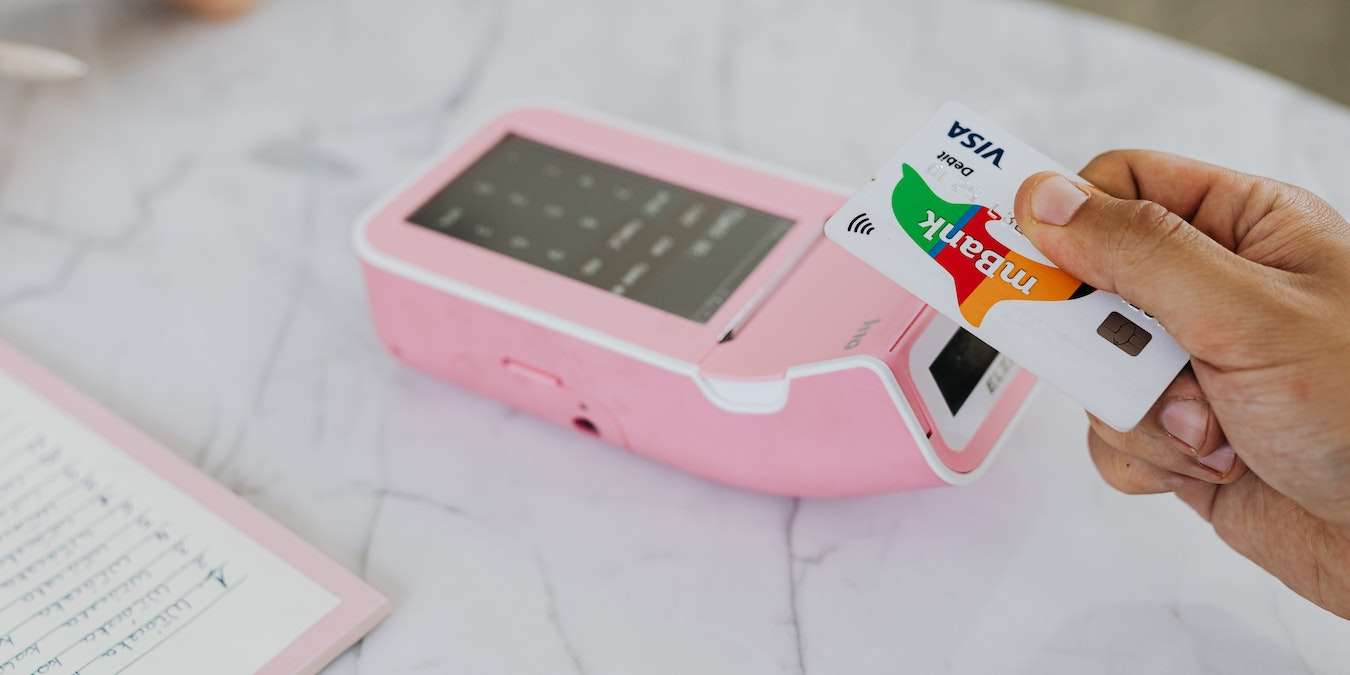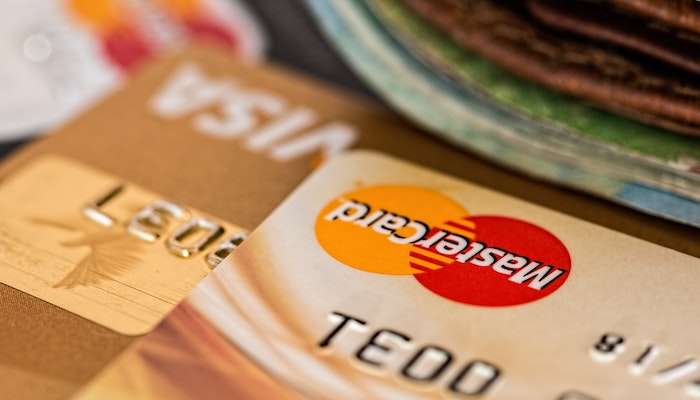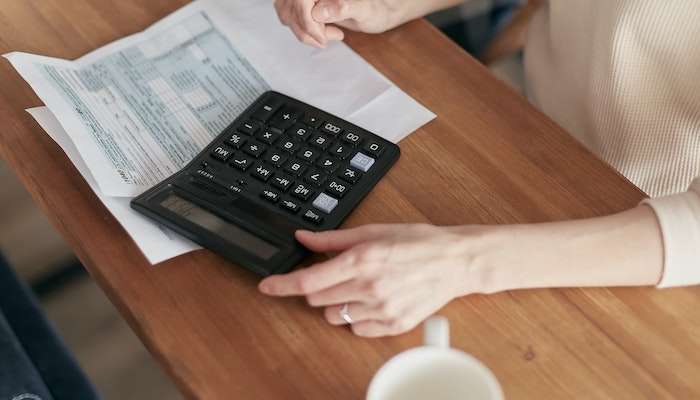
As we grow up, we learn a lot about money management and savings. However, most don’t understand the ins and outs of savvy spending, paying bills, and retirement savings in our early 20s. Instead, we learn lessons the hard way: making mistakes and recovering.
One thing people commonly struggle with is using credit responsibly. When you mismanage your credit cards, you can quickly spiral into debt and spend years trying to break out of the debt cycle. If you’re willing to follow these smart credit card management strategies, you can use credit wisely without spending a fortune on interest and other fees.
Set a Realistic Budget
Credit cards typically have a set limit based on your creditworthiness. However, that doesn’t mean you should max out your available monthly credit. In many cases, you probably can’t pay off the credit card’s maximum available credit in a single month, meaning that charging your card up will result in long-term debt.

Instead, you should set a realistic budget of what you can charge to a credit card and pay it off before it accumulates interest. You can do this by planning out a monthly budget as part of your smart spending strategy, then determine which portions of that monthly budget you’ll place on credit cards and pay off. This helps you avoid overspending but gives you space to build your credit score through smart credit card use.
Use Separate Cards for Autopay and Everyday Expenses
Autopay has become a bill payment feature that many people like because it lets you place recurring charges like utility bills and subscription programs on a “set it and forget it” plan so you never have to worry about late fees or missed payments. You can even set up those automatic payments to go to your credit card, then automatically pay the credit card balance from your checking account each month.
Credit cards are also useful for everyday expenses, like fueling your car, buying groceries, and eating out. However, there’s always the risk that using a credit card in these public places may result in hacking or fraudulent charges. For this reason, it’s best to have two separate cards: one for automatic payments and one for everyday expenses. This helps you track expenses better and lets you quickly put a hold on the everyday expenses card if it gets compromised without messing up your autopay settings.
Never Pay The Minimum Each Month
Your credit card company will send a statement with a listed minimum payment due each month. However, this minimum payment is usually only a tiny portion of your total balance and covers the interest over the past month, not the money you charged to the card. Carrying a balance accrues interest, meaning you pay more the longer you carry that balance.

If possible, you should always try to pay off your credit card in full each month. If that isn’t possible, you should at least pay more than the minimum payment each month. The more you pay off, the less you’ll pay over time in interest. If this is hard to do, it may be worth sitting down and looking for ways to cut costs on your monthly expenses so you don’t charge as much to your credit card.
Make Payments Early
Believe it or not, many credit cards gain interest daily. Therefore, waiting until the due date to make a payment actually costs you more. If you can, make your payments as close to the statement issue date as possible to avoid additional interest or delays in processing that could cost you more over time.
Keep an Eye on Your Credit Utilization
Credit utilization is the amount of money you have charged to credit cards compared to your credit limit. Your credit utilization ratio plays a big part in determining your credit score, not to mention it impacts how much money you spend on credit card interest each month. If possible, experts recommend keeping your overall credit utilization under 30 percent.

Look for Offers on Large Purchases
Although it’s tempting to buy a new television with your credit card because it has a high enough credit limit to do so, that doesn’t always make the most financial sense if you won’t be able to pay it off on time. Doing this will likely cost you hundreds of dollars in interest, leaving you with less available credit on your card until you pay it off.
Luckily, many stores offer interest-free financing options for large purchases like television sets, appliances, and furniture. If you are in the market for something like this, consider shopping around to see who will offer you the best interest-free options, like 12 months “same as cash” or 18 months of interest-free payments. Then, set a budget to pay off the purchase before the interest-free period ends.
Frequently Asked Questions
How do credit cards differ from debit cards?
Because they are both cards you can use to buy things, people commonly confuse credit and debit cards. However, these two cards are very different.
Debit cards are tied directly to a checking account, meaning when you make a purchase, the bank deducts that amount from your checking account. You don’t get charged interest or make the payment later. It all happens instantaneously, and you can’t spend more than what’s available in your checking account.
Inversely, credit cards are essentially loans. You are allowed to “borrow” the credit limit from the creditor who issued your card, with the understanding that you must repay the funds and you’ll be charged interest for this loan. You must contact the credit card company to make payments each month to maintain a low balance.
What's the best credit card to apply for?
There are hundreds of options for credit cards these days. Some cards only work in specific stores, whereas others can be widely used everywhere that accepts credit cards. Some also gain rewards based on your purchases with the card, whereas others do not.
In general, it’s best to have at least one card that can be used anywhere and has a relatively low interest rate. If it also earns rewards, even better!
Can I pay my credit card debt early?
Thankfully, credit cards do not charge any penalty fee for early payoffs. In fact, it’s in your best interest to pay down your card as quickly as possible whenever you can. This saves you money in interest and boosts your credit score.
Image credit: Pexels







